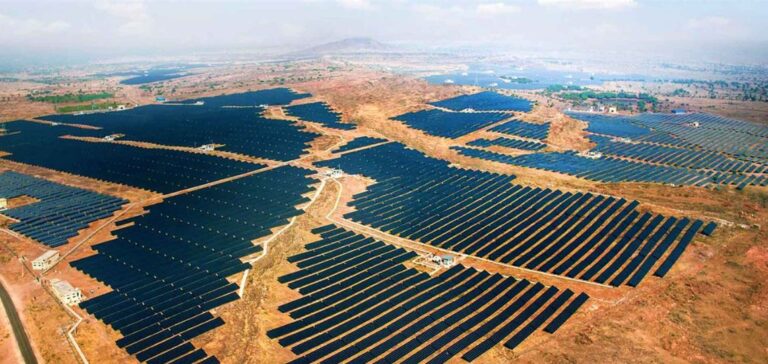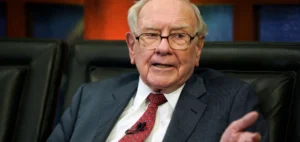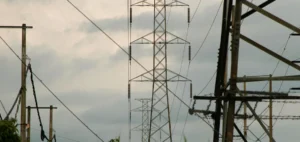Adani Green Energy Limited (AGEL), India’s leading renewable energy company, has reached 10,000 megawatts (MW) of operational capacity. This diversified operating portfolio includes 7,393 MW solar, 1,401 MW wind and 2,140 MW wind-solar hybrids. This success illustrates the commitment of AGEL and its development partners to achieving the ambitious target of 45,000 MW of renewable energy by 2030, in a country still largely dependent on coal.
A milestone for India’s renewable energy sector
Putting the entire 10,934 MW portfolio into operation will power more than 5.8 million homes and avoid around 21 million tonnes of CO2 emissions per year. This achievement is in line with AGEL’s strategy of developing long-term competitive projects, thus contributing to accelerating the energy transition and decarbonizing the economy.
Innovation at the heart of the energy transition
AGEL is not only contributing to India’s energy goals, but also redefining global standards through the development of the world’s largest renewable energy project in Khavda, Gujarat. This pharaonic 30,000 MW project underlines the Adani Group’s ability to carry out initiatives of unprecedented scale and speed.
Sustainable practices and environmental impact
Adani Green Energy adopts sustainable practices in all its operations. The operational portfolio is certified single-use plastic-free, zero landfill waste and water-positive for installations over 200 MW. These certifications reflect AGEL’s alignment with the United Nations’ Sustainable Development Goals, particularly with regard to clean and affordable energy, economic growth, industrial innovation and climate action.
AGEL’s commitment to the energy transition has resulted in the creation of 3,200 direct green jobs and a significant contribution to India’s green expansion. The Khavda project, in particular, represents a quantum leap towards achieving India’s energy independence, while laying the foundations for a sustainable future.






















